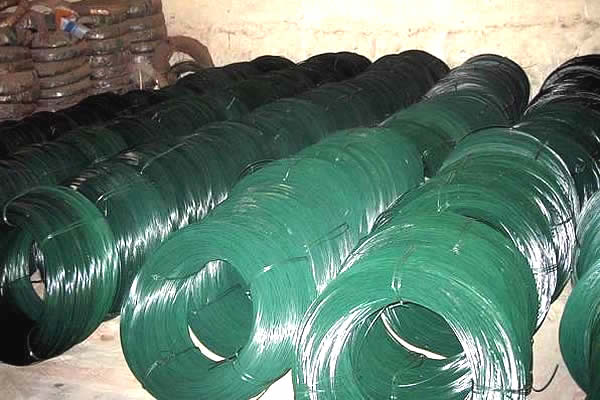 TEL:
+86-13102802206
TEL:
+86-13102802206
 Email:
fencenetting@china.com
Email:
fencenetting@china.com
 Language
Language
 TEL:
+86-13102802206
TEL:
+86-13102802206
 Email:
fencenetting@china.com
Email:
fencenetting@china.com
 Language
Language


The Significance of Wire Galvanized Iron in Modern Applications
Wire galvanized iron, often abbreviated as WGI, has emerged as a crucial material in various industrial and construction applications due to its unique properties and benefits. This type of wire is essentially made from iron that has been coated with a layer of zinc, a process known as galvanization. The primary purpose of this coating is to protect the iron from corrosion, thereby significantly extending the lifespan of the wire. In this article, we will explore the significance of wire galvanized iron, its applications, and its advantages.
Understanding Galvanization
Galvanization is a process that involves dipping wrought iron or steel into molten zinc, creating a protective coating on the surface of the metal. This coating acts as a sacrificial barrier against environmental factors such as moisture, air, and other corrosive elements. One of the critical aspects of galvanized iron wire is that even if the zinc coating is scratched or worn away, the underlying iron remains protected as zinc will continue to corrode preferentially.
Applications of Wire Galvanized Iron
Wire galvanized iron is widely used in several industries due to its durability and resistance to rust. Here are some common applications
1. Construction and Building WGI is extensively used in construction for various purposes, including fencing, reinforcing materials, and scaffolding. Its strength-to-weight ratio makes it an excellent choice for building structures that require both resilience and lightweight materials.
2. Agriculture In the agricultural sector, galvanized iron wire is often utilized for fencing livestock, creating trellises for plants, and even in irrigation systems. Its ability to withstand harsh weather conditions makes it an ideal choice for outdoor use.
3. Manufacturing Many manufacturing processes involve the use of wire galvanized iron for making parts and components that need to resist wear and corrosion. Products include springs, nets, and protective coverings.
4. Electrical Applications WGI is also used for electrical wiring and connectors. The galvanization process helps protect electrical components against oxidation and failure due to environmental exposure.

5. Transportation Galvanized iron wire is also found in the automotive and transportation industries, where it is used in the production of various parts that require strength and corrosion resistance.
Advantages of Wire Galvanized Iron
The benefits of using wire galvanized iron are numerous, making it a preferred choice across industries
- Corrosion Resistance The zinc coating significantly enhances the material's resistance to rust and corrosion, which is especially important for applications exposed to moisture or chemicals.
- Longevity WGI has a long service life, making it a cost-effective investment over time. It requires less maintenance compared to non-galvanized alternatives.
- Versatility This type of wire can be easily manipulated into various shapes and sizes, allowing for a wide range of applications in different fields.
- Cost-Effective Despite the initial cost of galvanization, the long-lasting properties and reduced maintenance needs make galvanized iron wire a financially wise decision for many businesses.
Conclusion
Wire galvanized iron plays an indispensable role in modern construction, agriculture, manufacturing, electrical, and transportation sectors. Its exceptional durability, corrosion resistance, and versatility make it a reliable choice for a myriad of applications. As industries continue to prioritize sustainability and efficiency, the significance of galvanized iron wire is expected to grow even further, ensuring its place as a vital material in our infrastructure and everyday life.